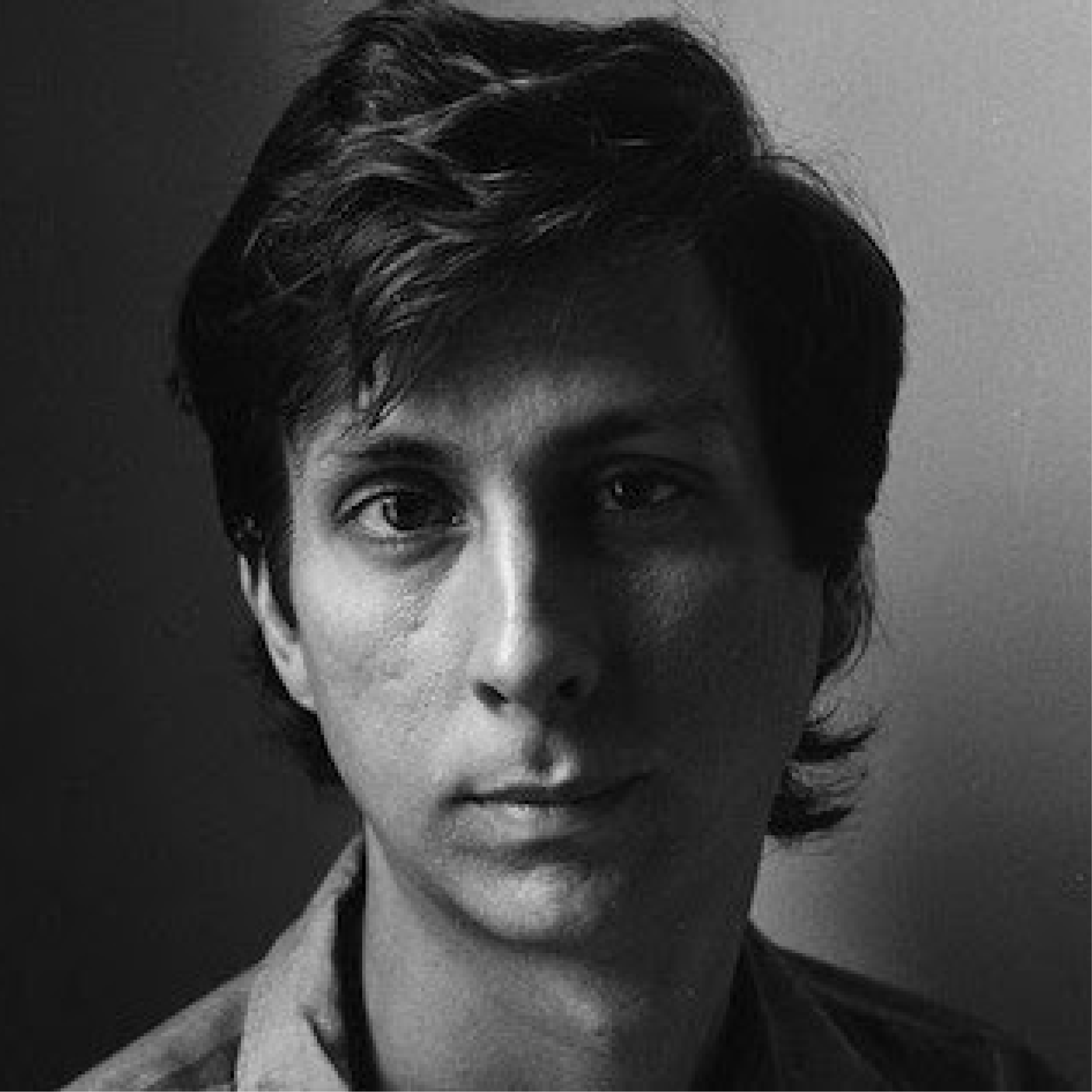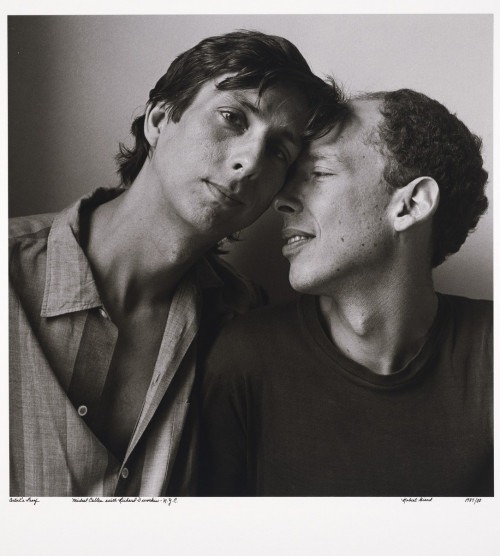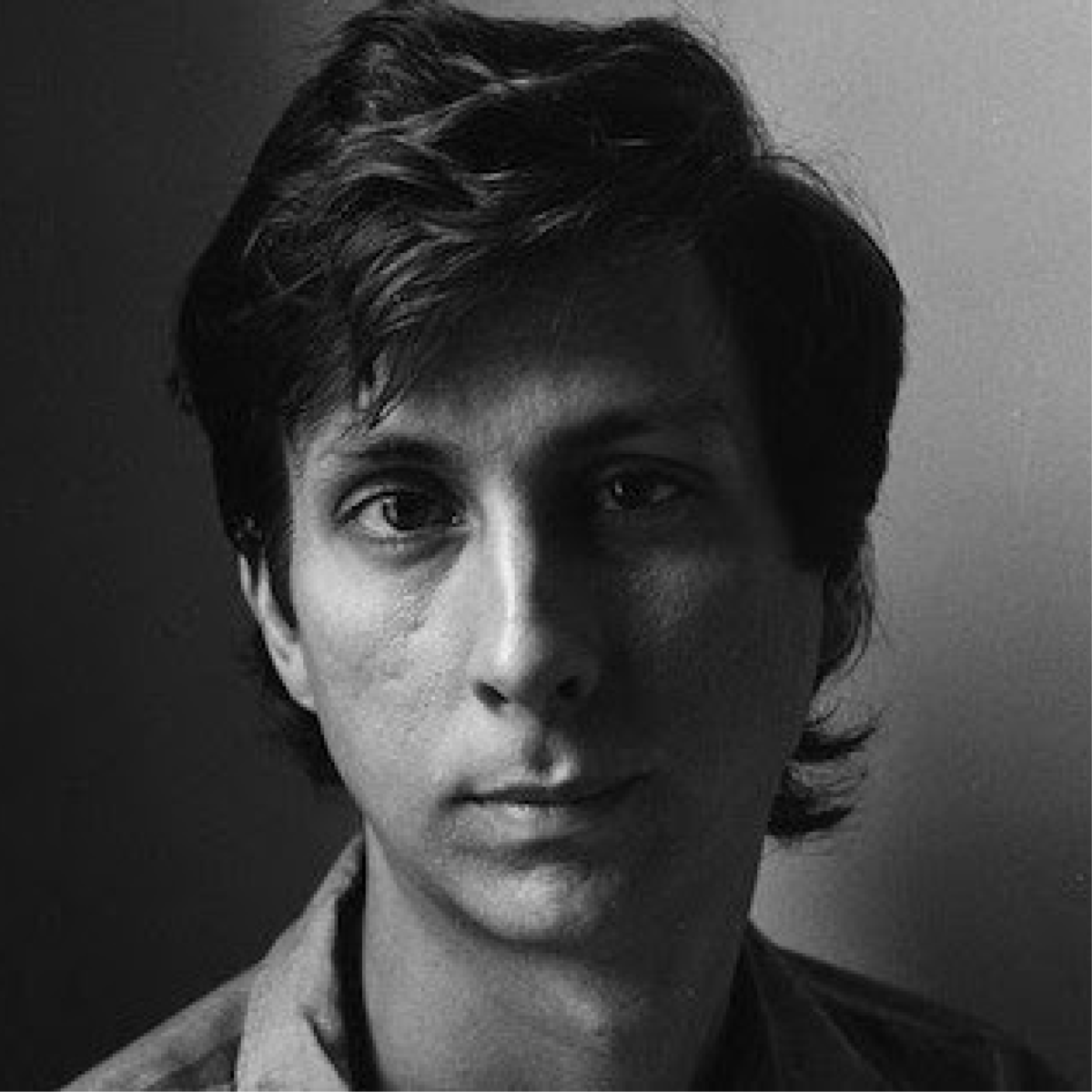
During the AIDS crisis in the ’80s and ’90s, singer-songwriter Michael Callen emerged as one of the most important pioneering voices in AIDS activism, education, and support.
He was a co-founder of the People With AIDS Coalition, he co-wrote the Denver Principles—which were instrumental in how we talked about and cared for those living with the disease— and he helped pen the first-ever safer-sex manual “How to Have Sex in an Epidemic,” all while writing and recording new music, both as a solo act and with his a cappella group The Flirtations.
His signature song, “Love Don’t Need A Reason,” (which he co-wrote with Peter Allen) was first introduced during an AIDS Walk in ’86, and has since been performed at Pride and AIDS awareness events around the globe. It was even commissioned by Larry Kramer for use in his groundbreaking play, The Normal Heart.
Sadly, Callen himself succumbed to the disease in 1993, but left behind an undeniable legacy that has helped shape the empowered LGBTQ+ community of today.
Despite his achievements and activism, Callen’s name is not one you hear much these days, at least not among younger generations. This is why we’re thrilled to report on a new effort to restore some of his music—an opportunity to introduce his voice to new ears, so that his life and legacy can continue to be celebrated for years to come.
 Recently, Callen’s long-time collaborator and romantic partner Richard Dwokim has begun the process of remastering a collection of never-released songs from the musician’s archives and has set up an IndieGoGo page to seek help with funding for the endeavor.
Recently, Callen’s long-time collaborator and romantic partner Richard Dwokim has begun the process of remastering a collection of never-released songs from the musician’s archives and has set up an IndieGoGo page to seek help with funding for the endeavor.
As Dwokim writes, prior to Callen’s passing in ’93, the two of them “worked furiously to record and mix four dozen songs.” Eventually, 29 of those tracks made it to the double album Legacy, which was released posthumously in ’96.
“Thirty years after that frantic year of frenzied activity,” Dwokim continues, “it’s finally time for the remainder of Michael’s recorded output to be released.” Speaking with Poz Magazine, Dwokim plainly states why it’s important to support this preservation of Callen’s legacy: “If I don’t do this project now, it’s never going to get done. If people don’t participate, it’s likely never to see the light of day, and that’s a shame. Michael was significant and his life was his music.”

